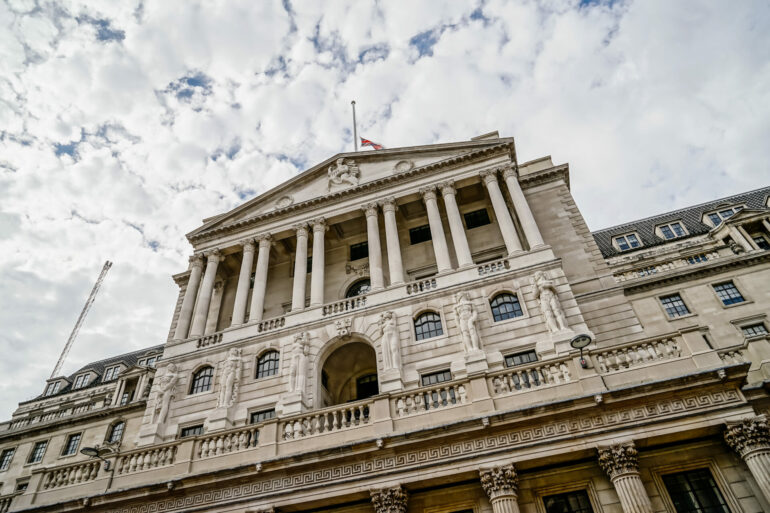The Bank of England will increase interest rates next month, irrespective of the recent cooling of UK inflation, according to Nigel Green, CEO of deVere Group.
Green’s prediction follows yesterday’s data showing inflation decreased to 7.9% in June, down from 8.7% in May. “Despite the data showing that the battle against inflation in the UK is being won, we expect the Bank of England will confirm it’ll continue with its aggressive interest rate hiking agenda at the monetary policy meeting in August,” he said.
The slight decrease in the consumer price index last month was driven by lower petrol prices and decelerated growth in food, beverage, and other basic commodities. However, Green believes central bank officials will continue to push for further action.
He said: “We believe the Bank will insist that although inflation is certainly coming down, it is doing so very, very gradually. It remains sticky – still the highest in the G7 – and a long way from the 2% target.”
He added that officials are likely to highlight that prices are still too high and rising at a faster pace than they have in the past. Moreover, strong wage growth in the three months to May will likely be another factor cited.
Given this context, Green predicts that the Bank of England will increase interest rates for the 14th consecutive time at its next policy meeting, and he isn’t ruling out a second consecutive 50 basis point hike.
An additional interest rate hike could heap more pressure on households, homeowners, and businesses. Higher borrowing costs mean more expensive mortgages, leading to increased monthly payments for those with variable-rate mortgages. This, in turn, could lead to less disposable income, affecting household spending and overall economic activity.
Businesses that rely on borrowing may face higher interest expenses, affecting their profitability and capacity to expand or invest. Furthermore, higher interest rates may dampen consumer spending, impacting businesses that depend on consumer demand.
Rising interest rates also typically decrease the value of existing fixed-income investments, such as bonds, due to new issuances offering higher yields. Historically, higher rates have led to stock market uncertainty and increased volatility as investors reassess the value of different investments.
Green concluded: “We believe that although the battle to tame inflation seems to be being won, with the lowest reading in 16 months, the Bank of England is highly unlikely to be dissuaded from its course of rate hiking action for the time being.”



